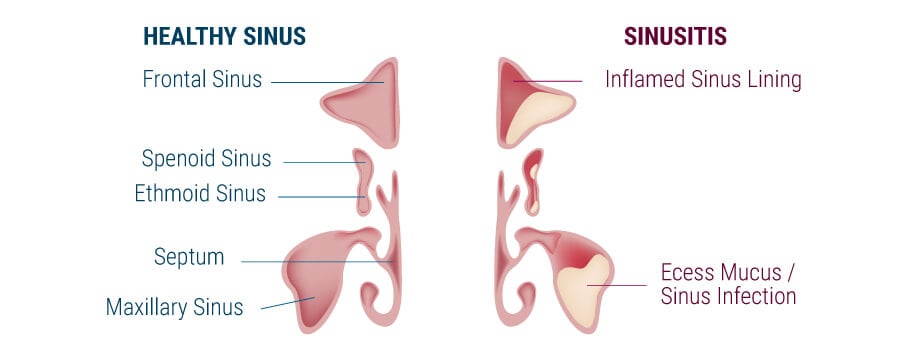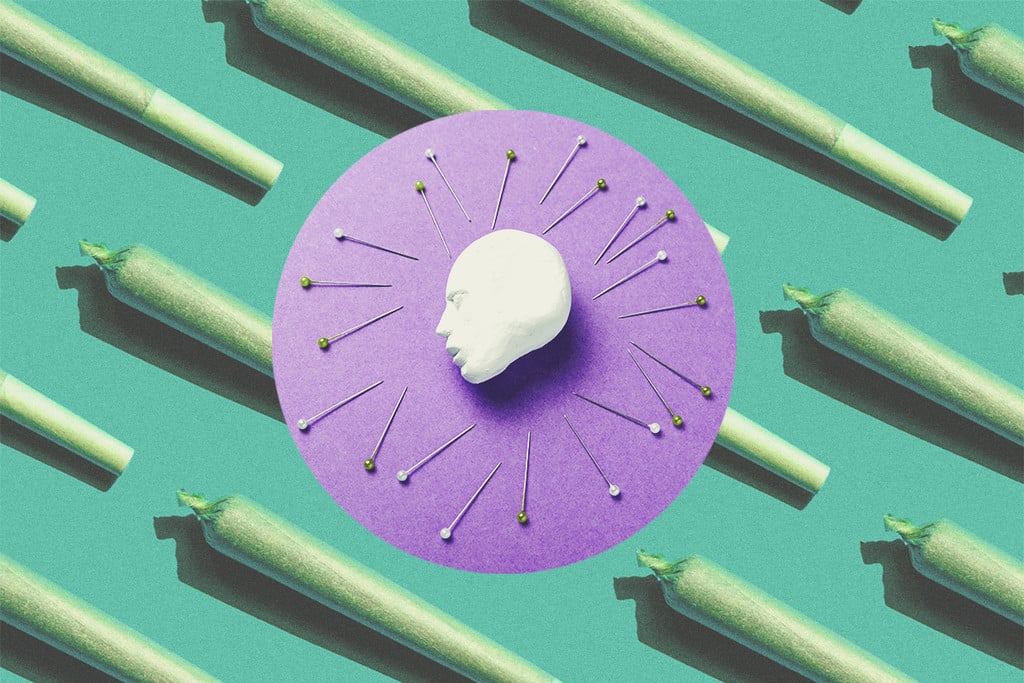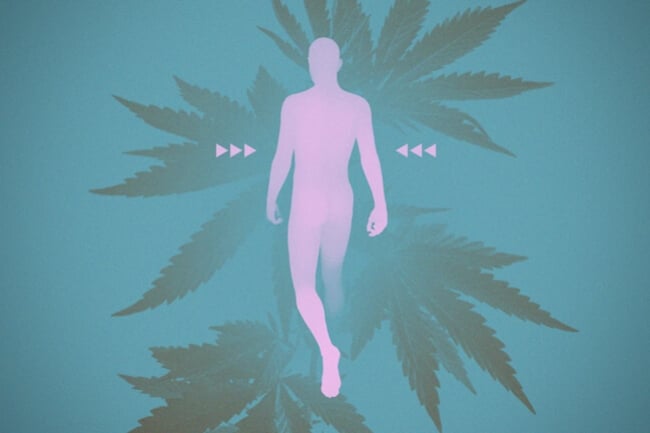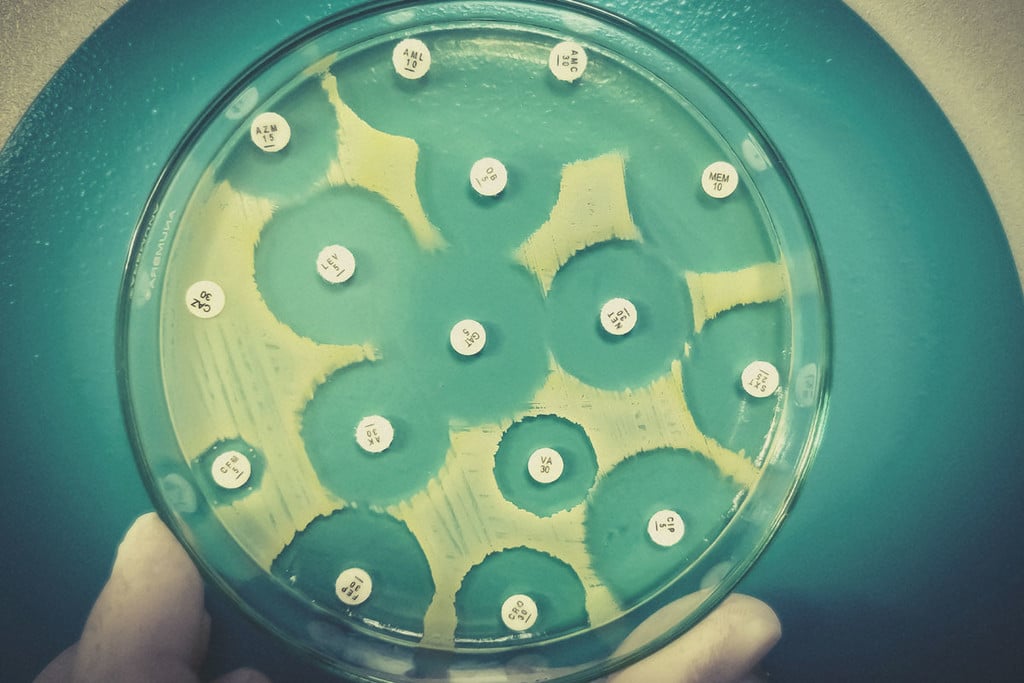.

Can Cannabinoids Effectively Treat Sinusitis?
Sinusitis is a painful condition that affects 24–31 million people per year in the US alone. If you’ve ever felt as though you had a cold that just wouldn't go away, learn how medical marijuana can help with a sinusitis diagnosis.
All too often, medical professionals prescribe antibiotics to treat bacterial infections that have resulted from inflammation. Some common existing treatments include oral prescriptions and topical steroids such as nasal sprays, with even more serious cases requiring surgery by an otolaryngologist to clear the sinuses.
However, the question of whether prescribed antibiotics help or hinder the human body is still up for debate. We tend to forget that antibiotics not only kill bad microorganisms that threaten our health, but also beneficial microorganisms. They wreak havoc on the “good” germs in the body, and could be responsible for the proliferation of certain diseases in today’s society.
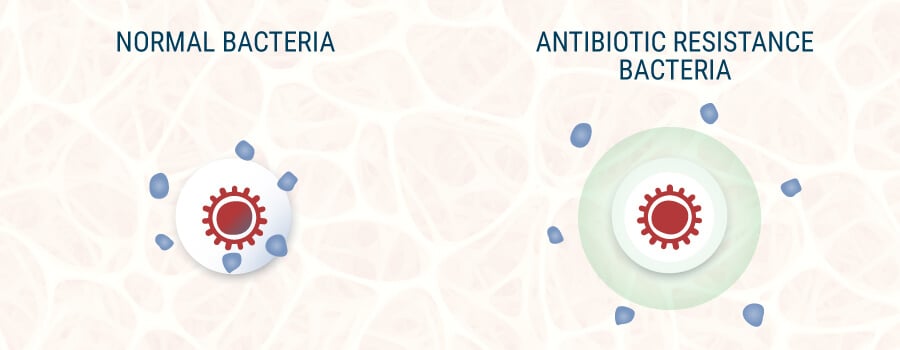
HERE COMES CANNABIS
Cannabis has been used medicinally for many years and thankfully, the stigma associated with its use is slowly diminishing. With the increased legalization of medical cannabis around the world, weed is going mainstream—and cannabinoids may be the key to stopping bacteria resistant to sinusitis antibiotics.
Given the antimicrobial and anti-inflammatory properties of many cannabinoids, researchers have found them to be natural and extremely effective antibiotics. This is truly an exciting concept, if we do say so ourselves, as it could mean that cannabis patients can live comfortably and free of pharmaceuticals and their side effects. In this article, we dive into the causes, effects, and cannabis treatments for sinusitis.
WHAT CAUSES SINUSITIS?
Affecting millions globally, whether viral or bacterial, in most cases sinusitis is chronic in nature and caused by infection. This painful condition occurs when there is an inflammation of tissue in the sinuses, with persistent mucus secretion or stagnant mucus accumulation. A healthy, normal sinus is usually filled with air; but when it’s blocked, bacteria and germs can develop that cause infection. Sinusitis causes a great deal of discomfort and can be exacerbated by allergies or failure to seek timely treatment.
ACUTE
Acute sinusitis causes inflammation in the cavities of your sinuses, which interferes with drainage and causes mucus to build up. Symptoms usually last less than four weeks, with most cases starting as common colds and later developing into a bacterial infection. With acute sinusitis, it may be difficult to breathe through your nose, your eyes and face may feel swollen, and you may experience throbbing facial pain or a headache. Symptoms of acute sinusitis include:
- Loss of smell
- Congestion
- Wheezing
- Facial pressure
- Facial pain
- Sinus headache
- Runny nose
CHRONIC
Similar to acute sinusitis, chronic sinusitis also inflames and swells the cavities around your nasal passages, with symptoms lasting three months or longer—despite treatment attempts. Sufferers of chronic sinusitis may experience a swollen face and sore eyes along with headaches and breathing issues, as it interferes with drainage and causes mucus buildup. It may be caused by an infection, but growths in the sinuses (nasal polyps) or a deviated nasal septum are also triggers of this condition. Symptoms of chronic sinusitis include:
- Fever
- Nasal obstruction
- Drainage
- Facial congestion
HOW CAN CANNABINOIDS HELP?
You may not be a chronic sinusitis sufferer, but remember that the process by which it can start leaves many people susceptible to sinusitis. Research[1] has shown that cannabinoids have powerful antibiotic properties that can help fight off infections, especially in those whose bodies don’t respond to antibiotics.
We suppose that, until a cannabinoid drug is available to treat infections, sufferers could benefit from cautiously using natural cannabis to treat sinusitis. So just how can cannabinoids help with sinusitis and other conditions? The search to answer this question has led researchers to the discovery of a previously unknown physiological system, a central component of the health of every human and almost every living mammal: the endocannabinoid system.
The endocannabinoid system is comprised of endocannabinoids and their receptors found all throughout the body: in the brain, organs, connective tissues, glands, and immune cells. The goal of this system is to maintain homeostasis—at all times. Cannabinoids help promote homeostasis by decreasing the release of activators at the site of an injured tissue, which helps stabilise nerve cells and prevents the release of pro-inflammatory substances. If you wish to use a natural alternative to effectively manage sinusitis, you can use cannabis safely without having to stress over the harmful side effects associated with many medications.
SINUS CONGESTION
The buildup of mucus, a sore throat, and postnasal drip can make it hard to breathe. While cannabis isn’t an expectorant, it has been shown to be a bronchodilator[2], helping those suffering from sinusitis to potentially breathe a little easier.
HEADACHES
Many pain-relievers are not successful in relieving headaches, but that’s not the case for cannabis. It’s no secret that cannabis is an amazing analgesic, and individuals with some of the most painful headaches, migraines, and cluster headaches have had positive results using medical cannabis to relieve their pain.
SINUS PAIN
Sinusitis can cause pain in the nose, face, throat, ears, and head; cannabis helps relieve pain in those who respond well to it. It’s an analgesic, so it has the power to relieve nerve pain, headache pain, muscle pain, and can even provide relief for treatment-resistant pain.
REDUCED INFLAMMATION
Cannabis has been found to be effective in reducing chronic inflammation and at curtailing the pain associated with inflammatory-related diseases.
CONCLUSION
If you’re suffering from sinusitis, smoking cannabis wouldn’t be a practical way to treat this condition as your breathing is already affected. Opting for other cannabis products such as edibles or tinctures may be more appropriate, so be sure to speak to your medical marijuana doctor as to which method of ingestion is best for you.
- Cannabinoids as novel anti-inflammatory drugs https://www.ncbi.nlm.nih.gov
- Bronchodilator effect of delta1-tetrahydrocannabinol. https://www.ncbi.nlm.nih.gov


























